Tarangire National Park
Tarangire the land and Home of Giants
Best Time to Go
All year around
Famous For
Giants Baobabs Trees & Elephant Herds
Peak Time
June - October
Let’s plan your safari together!
Location & Size
- Location: Northern Tanzania
- Area: 14,763 sq km (5,700 sq miles)
- Coordinates: 2.3333°S, 34.8333°E
- Elevation: 920-1,850 meters above sea level
Establishment
- Founded: 1951
- UNESCO Status: World Heritage Site (1981)
- Management: Tanzania National Parks Authority (TANAPA)
- Ecosystem: Part of the larger Serengeti ecosystem
Ecosystem Type
- Primary Habitat: Savanna grasslands
- Climate: Tropical savanna climate
- Rainfall: 950mm annually (southeast) to 550mm (northwest)
- Seasons: Dry (June-October) and Wet (November-May)
Tarangire National Park
Tarangire: The Realm of Elephants and Baobabs", "Discover the Land of Giants", and "Where the Elephants Roam Free"
Tarangire National Park is a national park in Tanzania’s Manyara Region. The name of the park originates from the Tarangire River that crosses the park. The Tarangire River is the primary source of fresh water for wild animals in the Tarangire Ecosystem during the annual dry season.
Tarangire, with many African Elephants per square kilometers than any other national park in the country, lies about 120Km southwest of Arusha City. The Park got its name from Tarangire River that flows through the centre of the Park and form the dry season refuge for wildlife especially elephants!
It is in this Park that visitors will be able to see threatened as well as endangered species ofsuch as ebony trees, Python, cheetah, elephants, African wild dogs, lesser and greater Kudu, Beisa Oryx, Gerenuk and others. Birdlife in Tarangire is just Amazing ! About 550 species of birds have been recorded in the park, which is larger number of bird species than the famous Serengeti.
More about the Tarangire
Tarangire National Park is a national park in Tanzania‘s Manyara Region. The name of the park originates from the Tarangire River that crosses the park. The Tarangire River is the primary source of fresh water for wild animals in the Tarangire Ecosystem during the annual dry season. The Tarangire Ecosystem is defined by the long-distance migration of wildebeest and zebras. During the dry season thousands of animals concentrate in Tarangire National Park from the surrounding wet-season dispersal and calving areas.
It covers an area of approximately 2,850 km2 (1,100 sq mi). The landscape is composed of granitic ridges, river valley, and swamps. Vegetation is a mix of Acacia woodland, Combretum woodland, seasonally flooded grassland, and Adansonia trees.
Wildlife in Serengeti
African Lions
The Serengeti hosts the largest population of lions in Africa, with over 3,000 individuals. These apex predators roam the plains in prides.
African Elephants
Large herds of elephants traverse the Serengeti, particularly in the woodland areas. These gentle giants play a crucial role.
Black Rhinoceros
Though rare, the Serengeti is home to a small population of critically endangered black rhinos, primarily found in the Moru Kopjes area.
Leopards
These elusive big cats are commonly spotted in the kopjes (rock outcrops) and riverine forests, making the Serengeti one of the best places to see leopards.
African Buffalo
Large herds of Cape buffalo roam the plains and woodlands. These formidable animals are known for their unpredictable nature and impressive horns.
Plains Zebras
Over 200,000 zebras participate in the Great Migration alongside wildebeest all year around, creating one of nature's most spectacular wildlife shows on earth.
Safari Activities
Experience the Tarangire through various exciting adventures.
Game Drives
Classic safari experience with morning and afternoon game drives. Spot the Big Five and witness daily life on the savanna with expert guides.
Hot Air Balloon Safari
Soar above the endless plains at sunrise for a bird's-eye view of the migration and wildlife. Includes champagne breakfast upon landing.
Night Game Drive
A night game drive gives your safari a completely different twist as you see all the nocturnal animals that you not see during the day.
Photography Tours
Specialized photography safaris with professional guides who know the best spots for capturing wildlife and landscapes.
Sunrise/Sunset Drives
Experience the magic of African sunrises and sunsets while animals are most active. Perfect for romantic moments and photography.
Cultural Visits
Visit nearby Maasai villages to learn about traditional culture and lifestyle. Experience authentic interactions with local communities.
Things to Know Before You Go to the Tarangire
Best Time to Visit
- All Season: January-December (Southern Serengeti)
- Dry Season: June-October (easier game viewing)
- Green Season: November-May (fewer crowds, rain)
Getting There
- Nearest Airport: Kuro Airstrip (park center)
- International: Kilimanjaro Airport (120km)-3:30 hours
- Arusha Airport: 2 hours from Arusha
- By Road: 2 hours from Arusha
What to Pack
- Essential: Binoculars, camera with telephoto lens
- Clothing: Neutral colors, layers, hat
- Health: Sunscreen, insect repellent, malaria prophylaxis
- Documents: Passport, travel insurance, permits
Tarangire Safari Ideas
The Serengeti is a great place to visit any time of the year. Take a look at some of our favorite safari tours that go there.
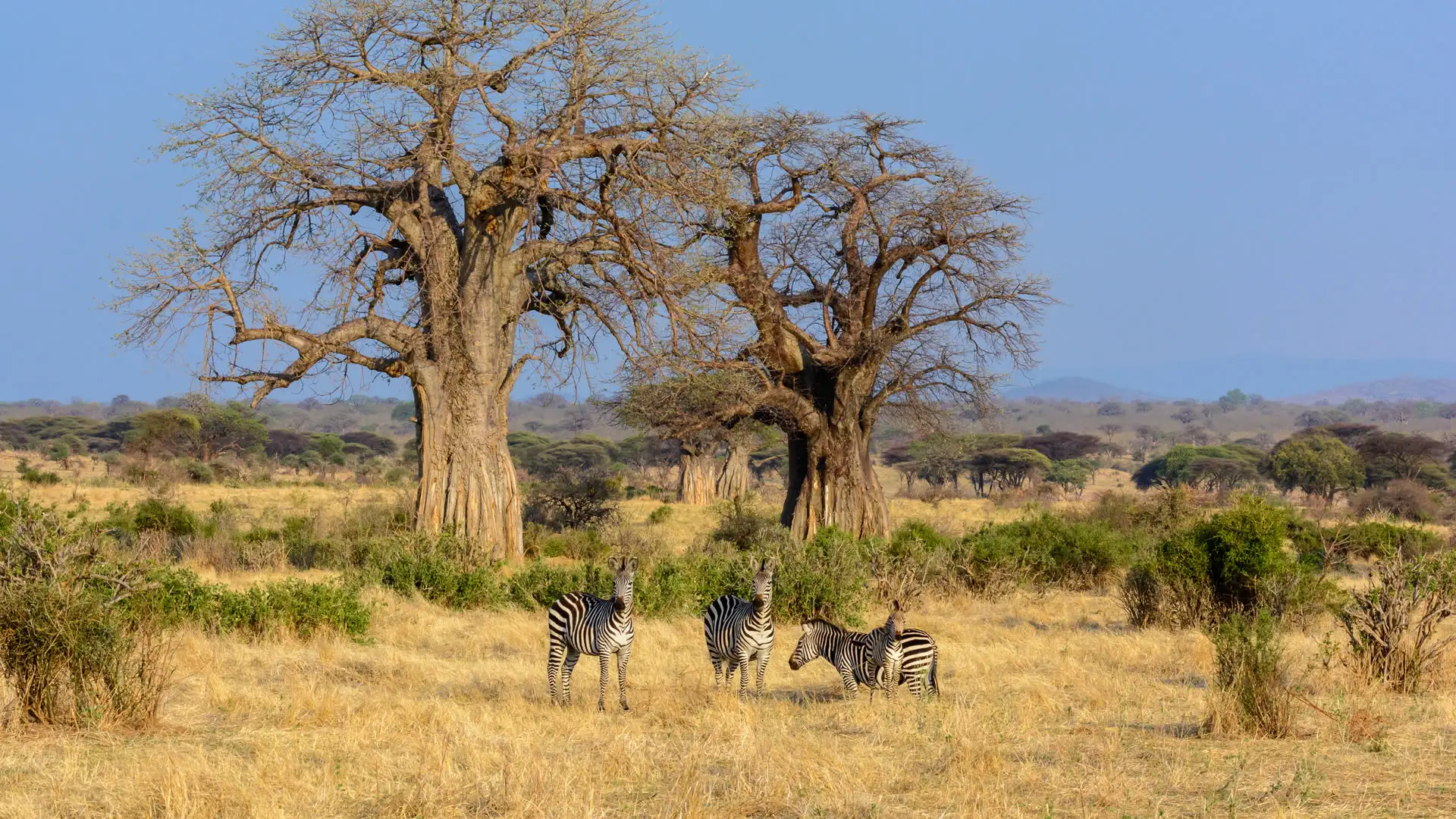
2-Day Lodge Safari to Tarangire and Ngorongoro
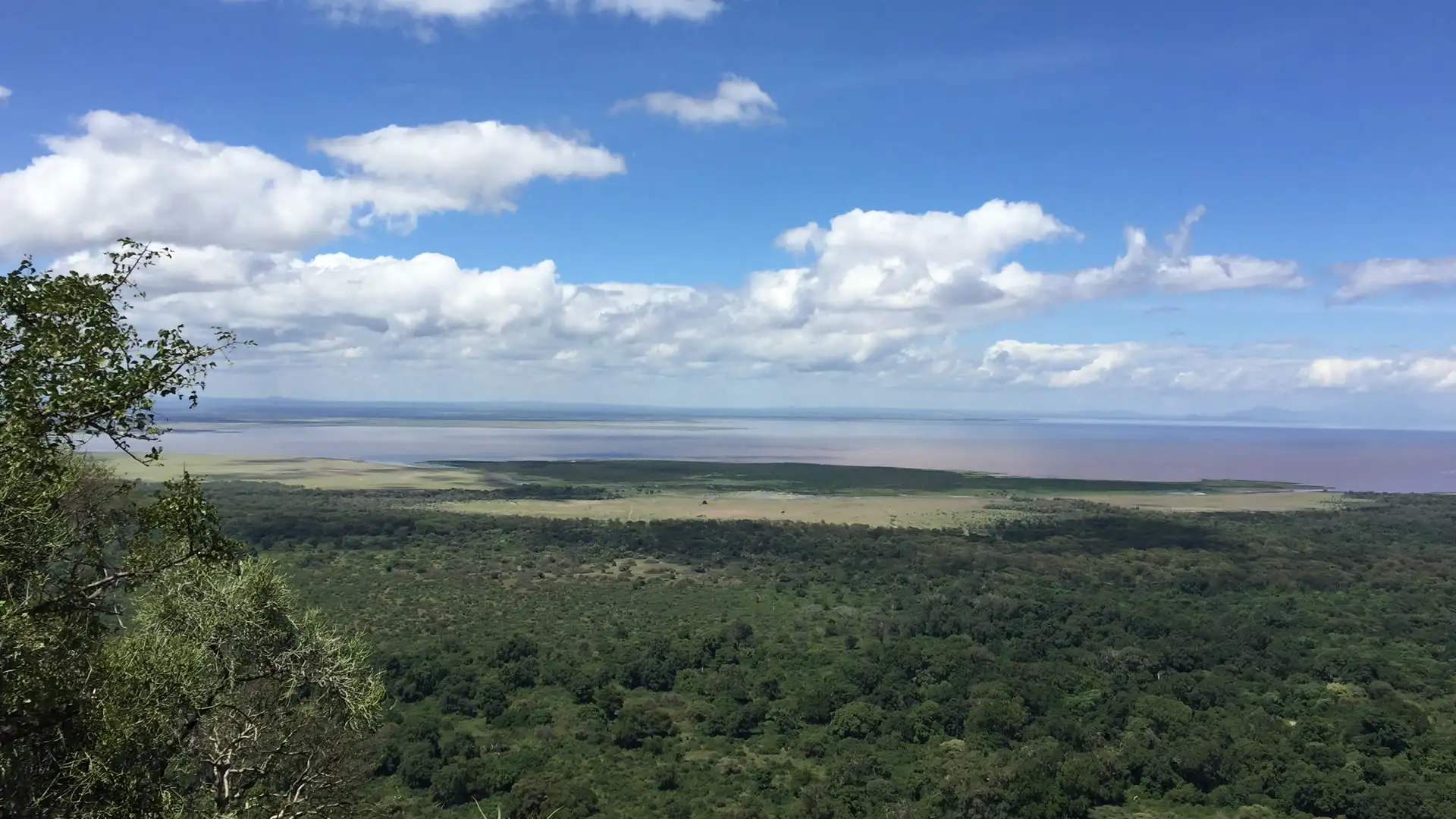
3-Day Luxury Tarangire, Ngorongoro & Manyara Tour
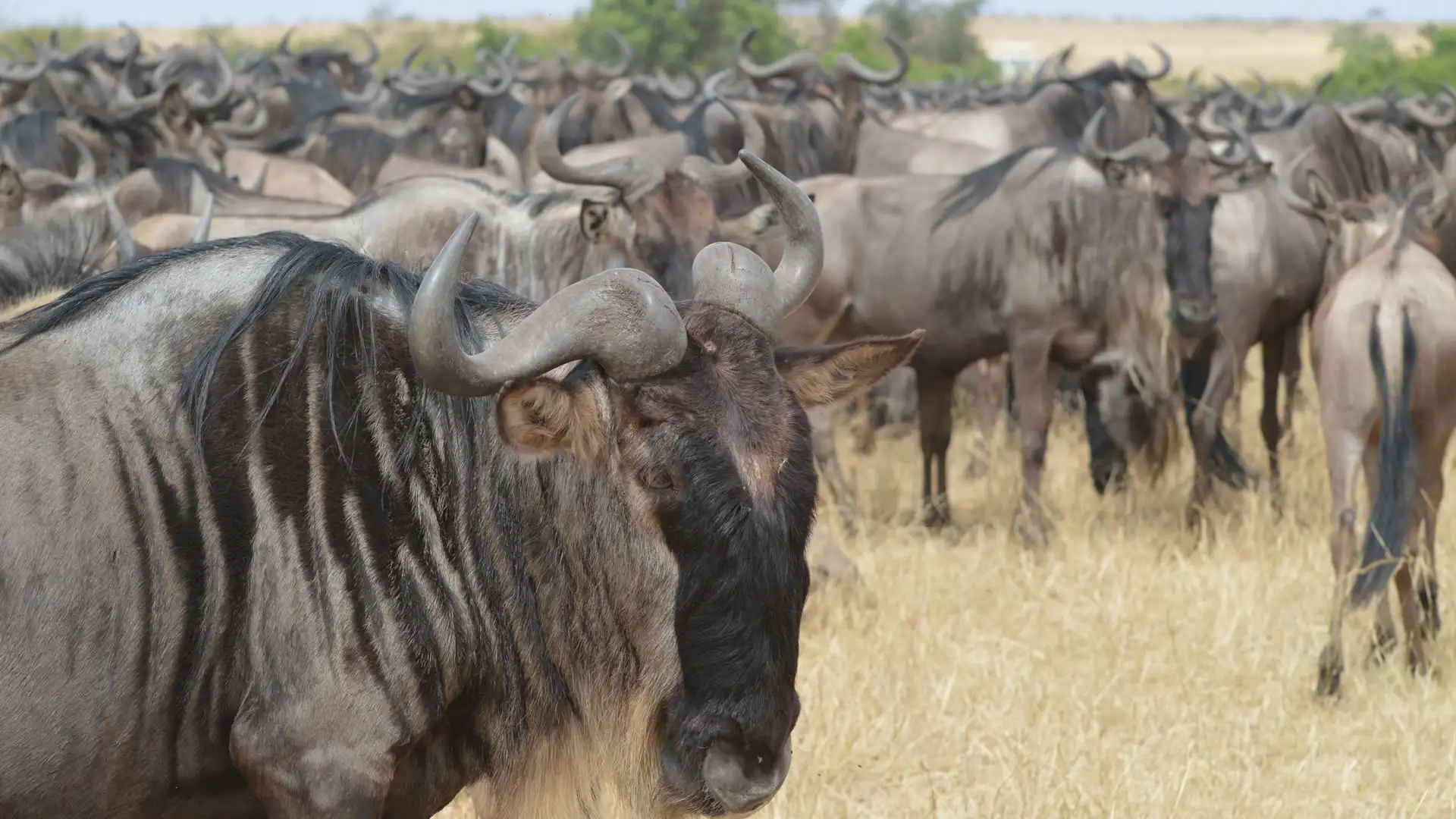
4-Day Serengeti, and Ngorongoro Lodge Safari
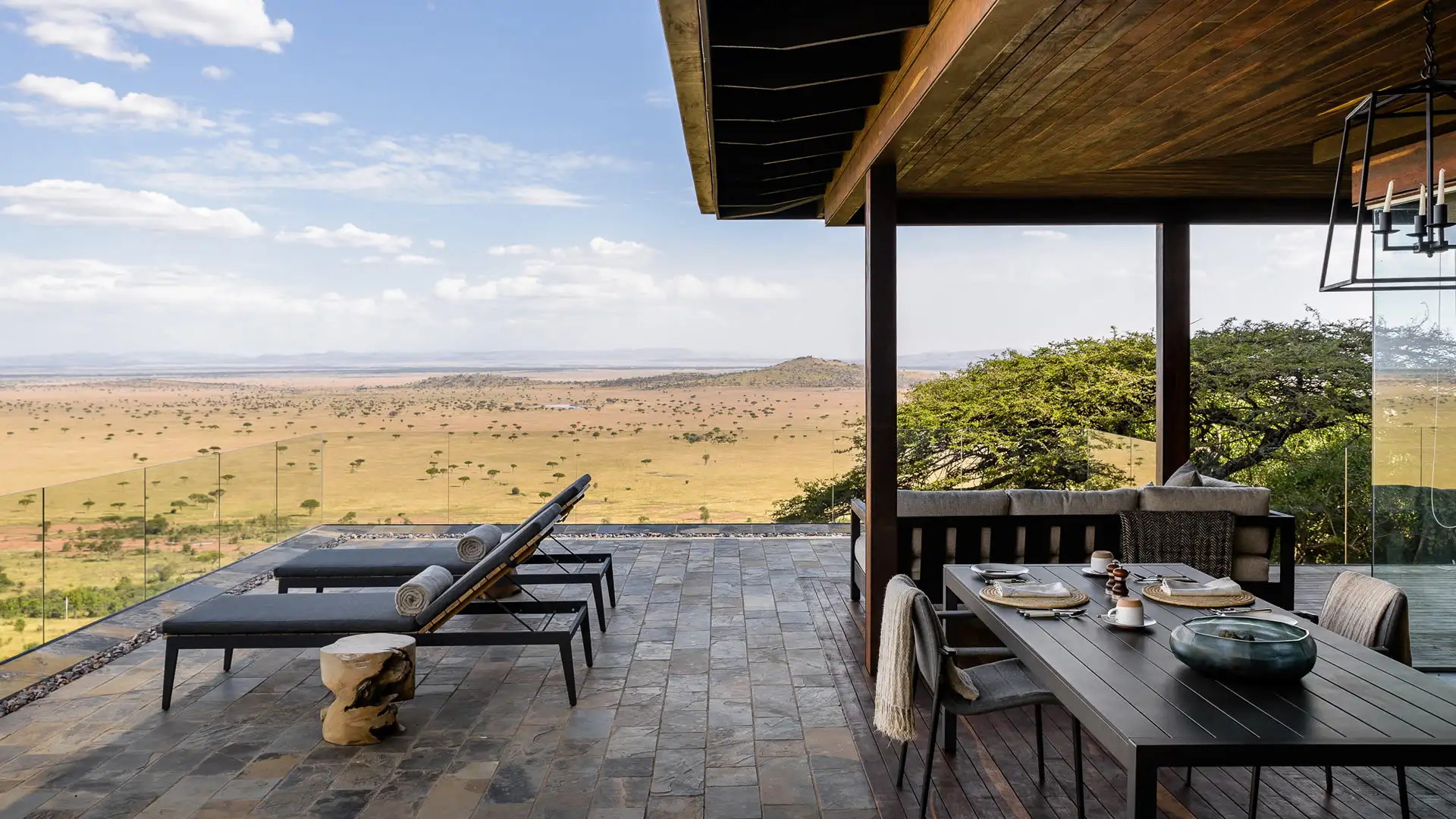
5-Day Classic Tarangire, Serengeti & Ngorongoro Safari
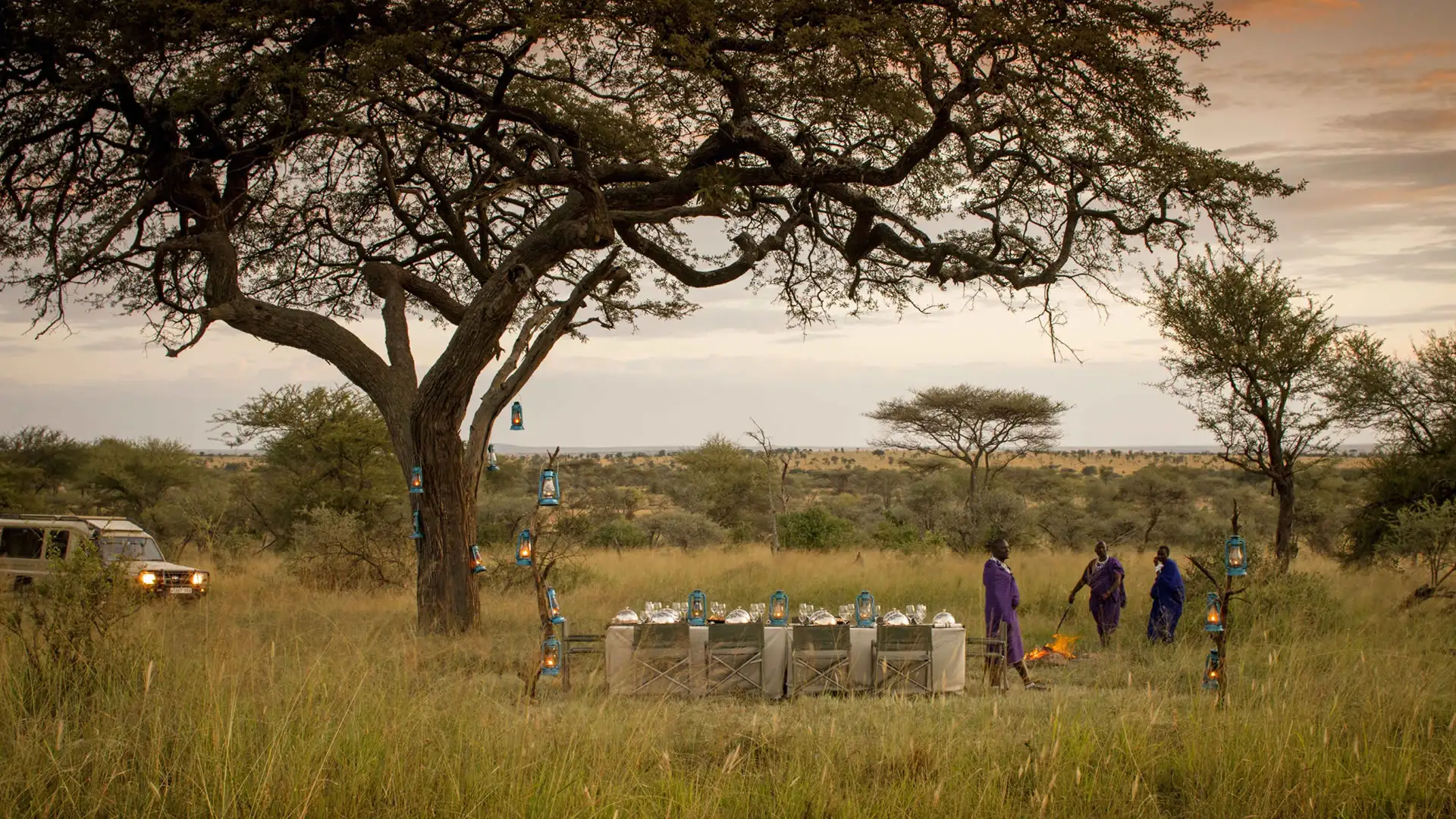
6-Day Northern Tanzania Safari Circuit Adventure
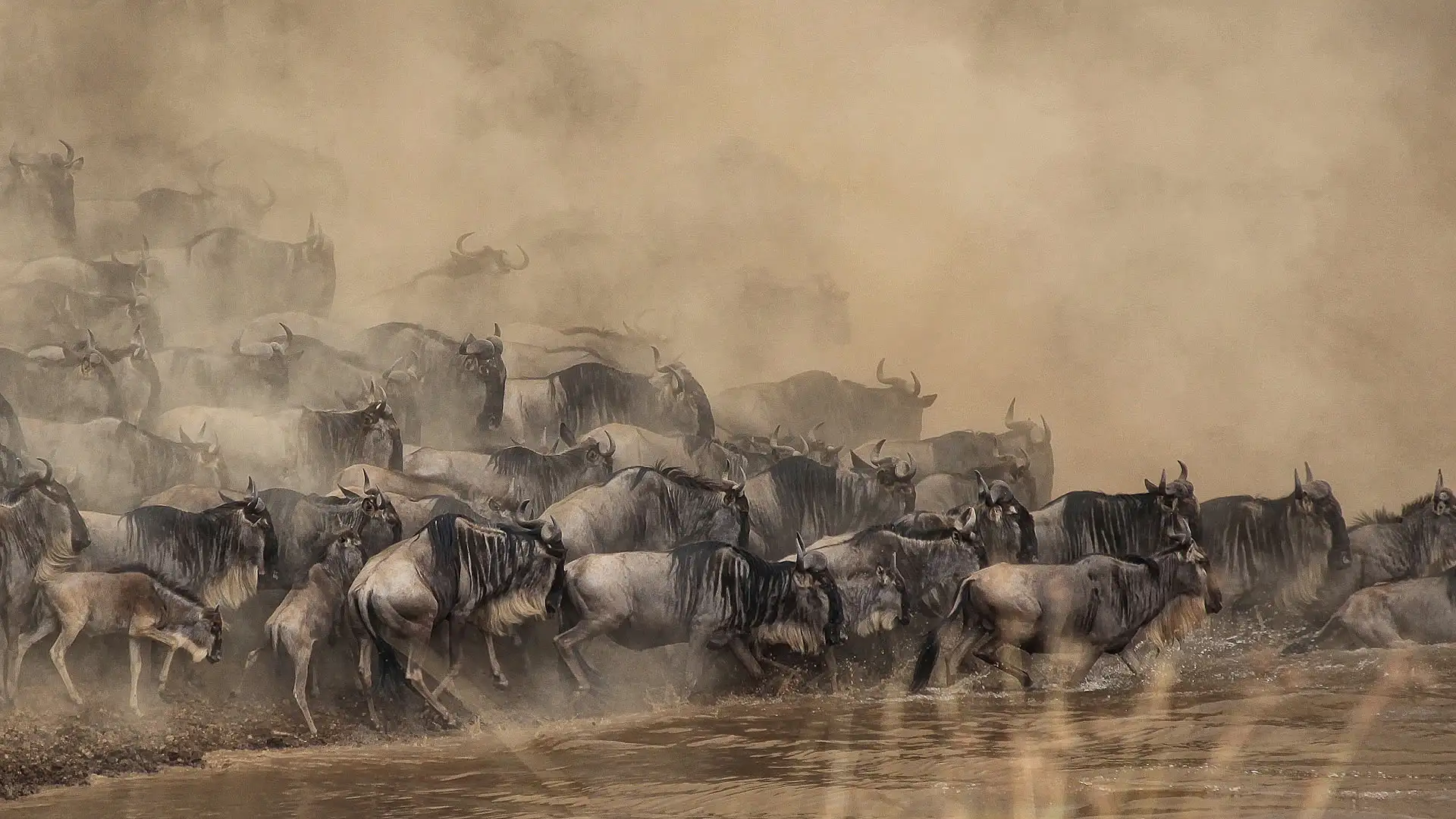
7-Day Wildebeest Great Migration Serengeti Safari
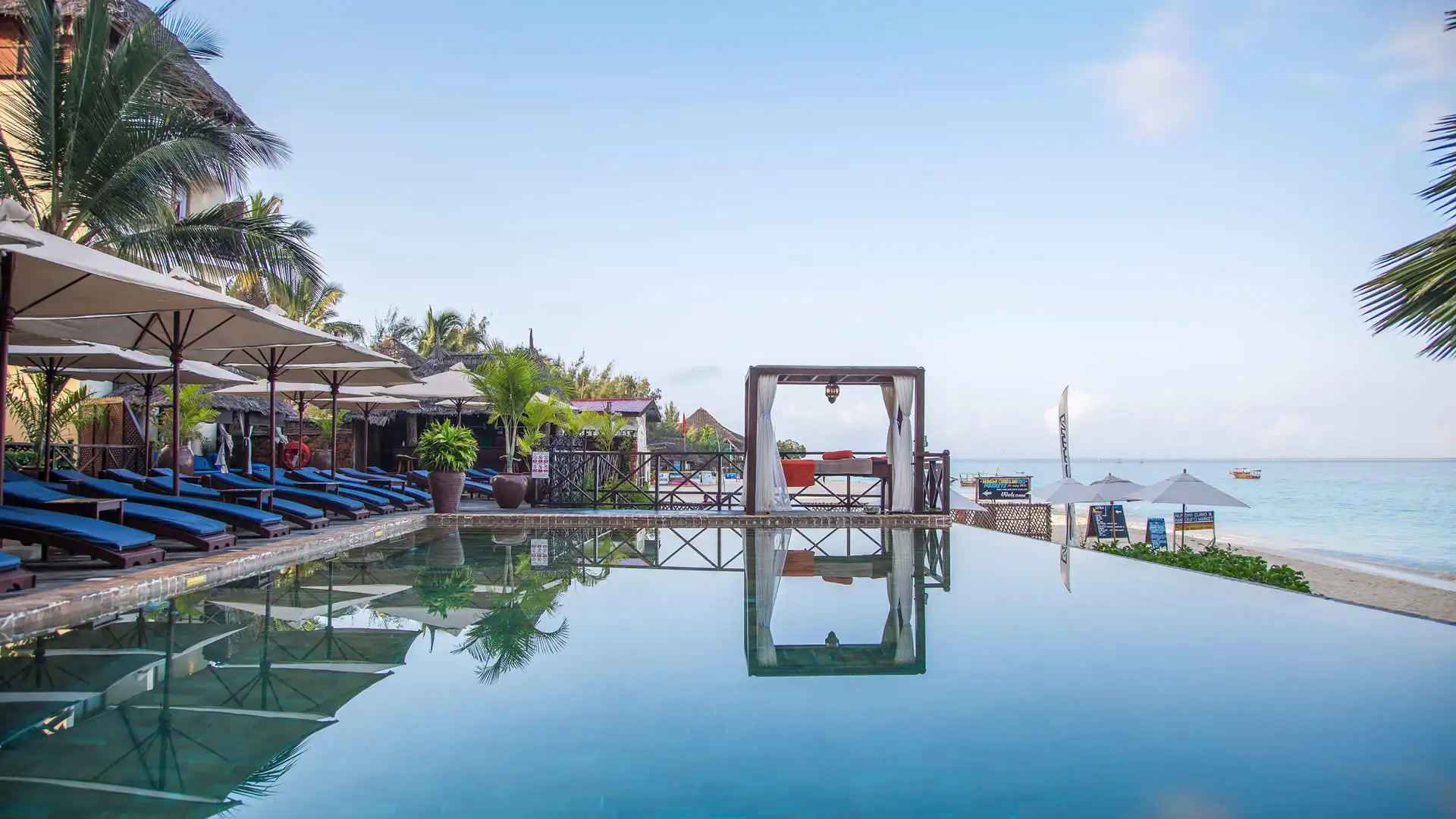
10-Day Tanzania Beach to Zanzibar Safari Adaventure
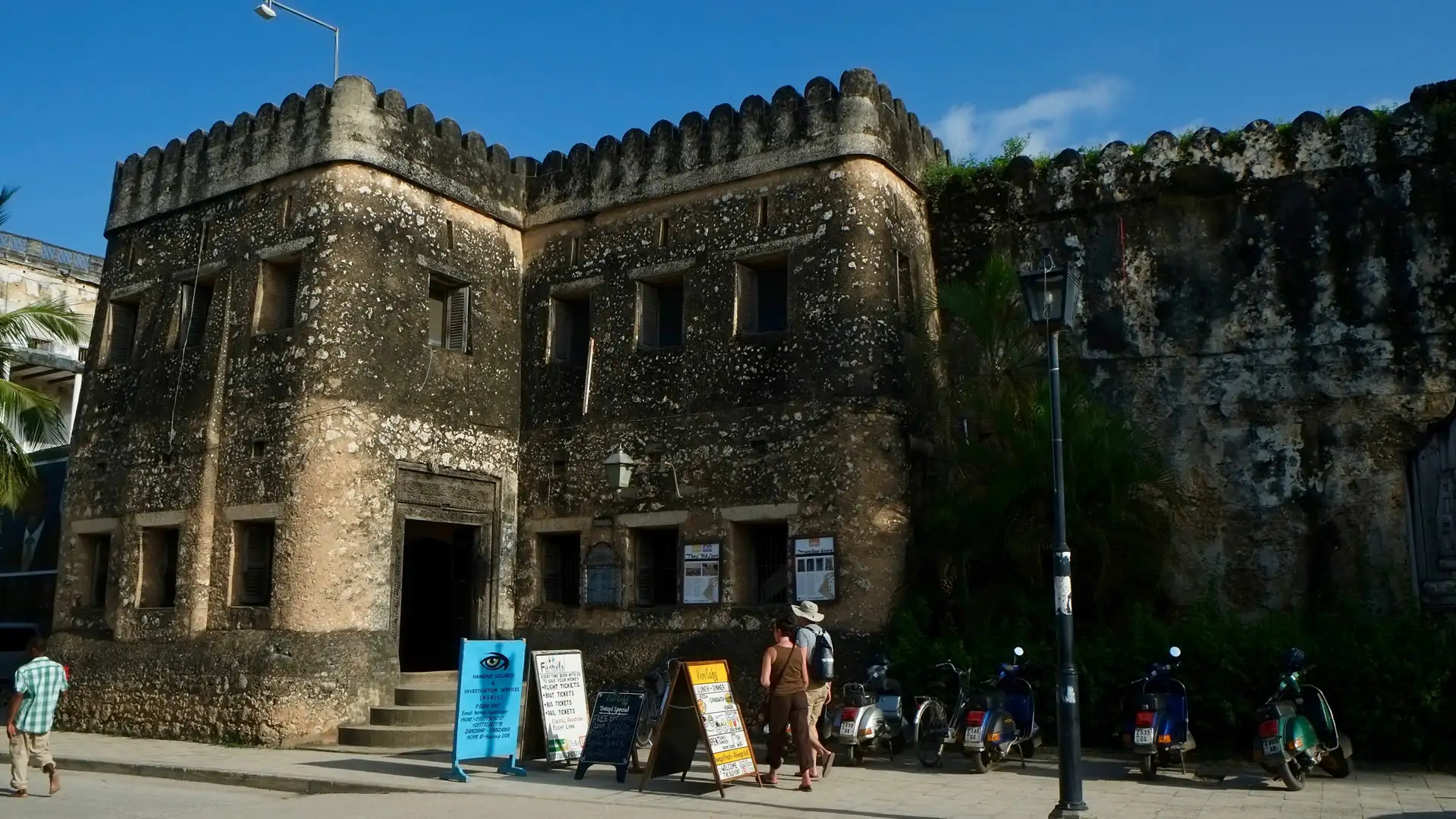
12-Day Tanzania luxury Safari and Zanzibar vacation
Ready to Visit the Tarangire?
Let’s plan your Safari together!
Destinations to Add to Your Tarangire Safari
See more of Africa by adding extra stops/destinations to your safari. You’ll enjoy many kinds of wildlife and beautiful nature.
